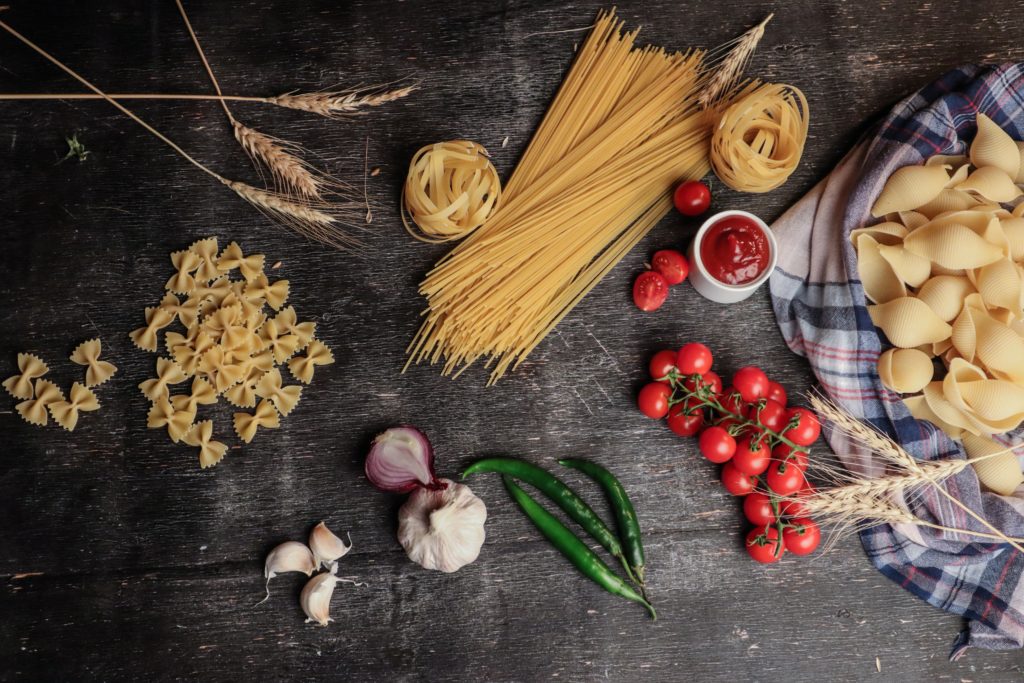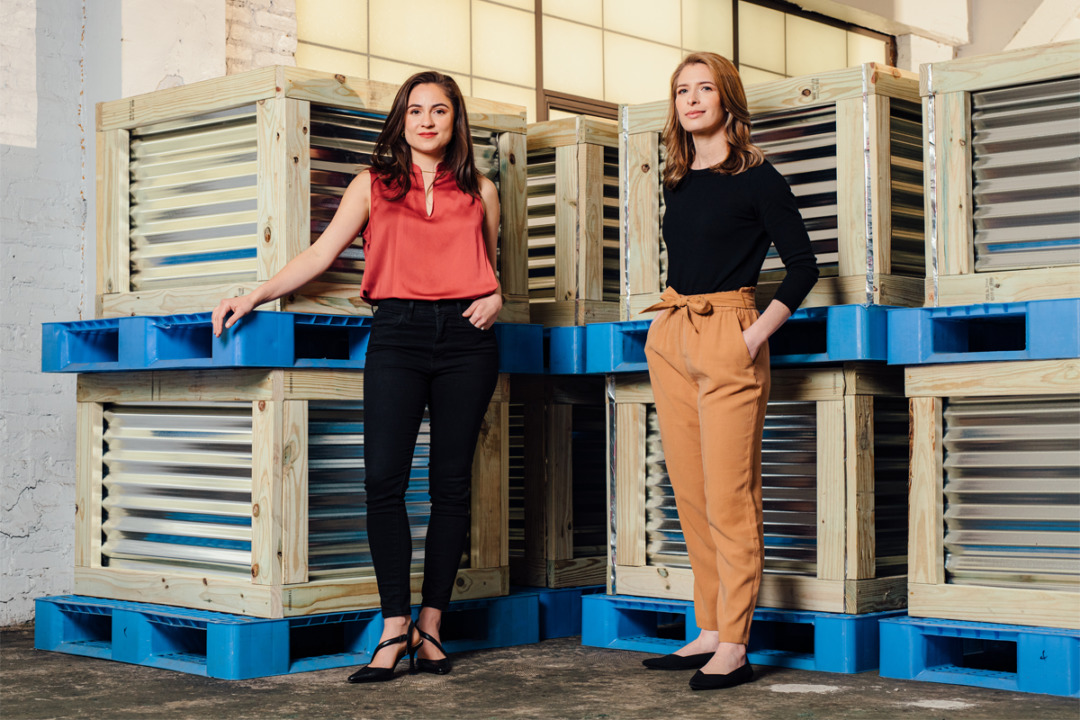Hyfé Foods Scoops $2 Million For Sustainble Mycelium Flour
3 Mins Read
Chicago’s Hyfé Foods, a developer of mycelium flour, has closed an oversubscribed pre-seed raise, netting $2 million. The round was led by The Engine, a Massachusetts Institute of Technology-offshoot venture firm. Blue Horizon, Caffeinated Capital, Supply Change Capital, and Hack Ventures all participated, alongside others. A Department of Energy grant was awarded by the Chain Reaction Innovations Accelerator.
Female-founded Hyfé is engaged in the development of mycelium flour, using waste sugar water from the food and beverage sector as a feedstock. The end product is cited as being high in protein, low in carbohydrates and effective in preserving water during its production. The new funding will be used to accelerate Hyfé’s endeavours to reach commercialisation stage.

Creating access to nutritious food
According to Michelle Ruiz, co-founder and CEO of Hyfé, using mycelium flour as a base ingredient can transform everyday foods. A bowl of pasta could contain as much protein as a chicken breast and be higher in fibre than its conventional wheat-based counterpart, according to the company. It has implications for allergen sufferers as well.
“Hyfé’s mycelium flour tastes and acts just like wheat flour, enabling people to eat the foods they love without negative health impacts,” Ruiz told Food Business News. “We are leveraging biotechnology to produce this ingredient that is carbon neutral, at scale, and at a very low cost.”
Using traditionally discarded sugar water, a byproduct from the food and beverage manufacturing industry, Hyfé has created a low-cost feedstock for mycelium fermentation. Sugar wastewater is produced wherever food is manufactured and Hyfé’s technology is slated as being versatile enough to be used anywhere in the world.
“In the face of supply chain and climate uncertainty, regionalized production of healthy food is vital to a circular economy and more importantly, ensuring global food security,” said Katie Rae, CEO and managing partner at The Engine. “Hyfé stands out because it operates at the intersection of climate and health and uniquely delivers a cost-effective solution.”
Mycelium flour is a climate-conscious answer to food security, according to the company, with the product being easy to manufacture anywhere, using its technology. The implication for global regions with less-than-ideal agricultural conditions is positive, though does hold potential conflicts for farmers of indigenous grains. African farmers, for example, nurturing crops such as fonio and teff, would be unlikely to have the revenue to invest in mycelium flour fermentation technology, but could see their livelihoods affected by those that do.

Eco credentials of using food waste as a feedstock
Repurposing food waste is a cost-effective and environmentally attractive methodology. Hyfé claims that its proprietary manufacturing technique prevents gluts of wastewater from entering treatment cycles, which generate vast amounts of methane and contribute to the climate crisis. It is not alone in seeking to upcycle seemingly useless byproducts into stable food sources.
Earlier in May Change Foods revealed it has bagged a $1 million grant from the Australian Commonwealth Government to manage the upcycling of sugarcane waste. The US-Australian food tech is engaged in developing a platform that will allow the byproduct to be used as a low-cost feedstock for animal-free dairy fermentation. It comes as the company seeks to double down on its commitment to developing sustainable food solutions, not dependent on animal agriculture. Change Foods cites this new development as a way to promote the circular economy.
In December, it was announced that Anheuser-Busch InBev is looking to develop alternative protein using spent brewing grains, the largest constituent of beer waste. It had previously partnered with EverGrain and following fresh investment into the sustainable ingredients company, the Belgian brewing giant hopes to accelerate a move into protein production.
Lead image of Hyfé Foods founders Michell Ruiz and Andrea Schoen. Photo by Hyfé Foods.





